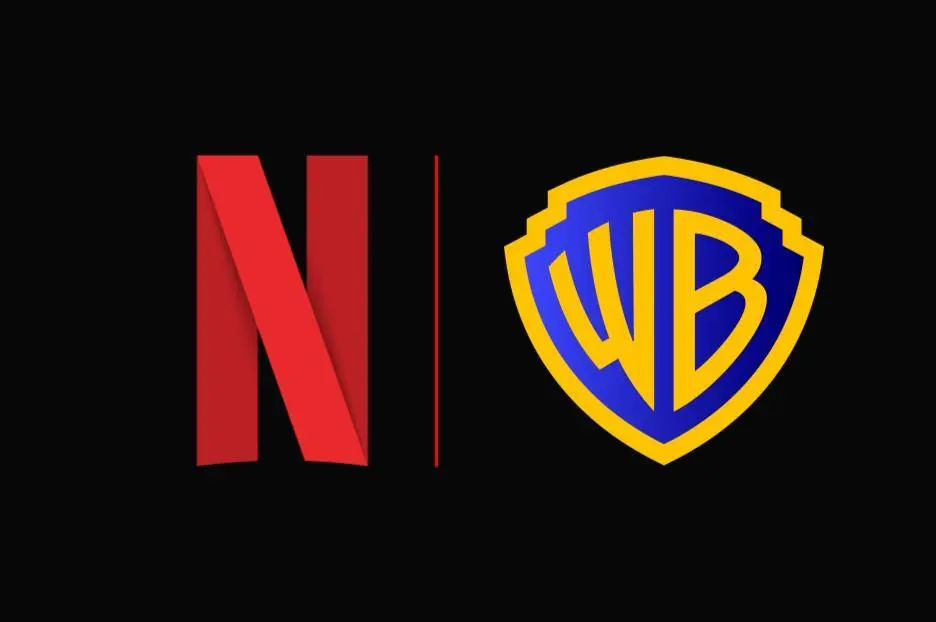Entrepreneurial Highlight: Damon Bodine

Jul 05 | 2017

In this series we will be highlighting burgeoning entrepreneurs in the modern era. These are folks who have taken the risk of quitting their conventional jobs in pursuit of their passions. This is a difficult road that many never find the courage to venture upon, but the rewards are so worth it, and as you know, no risk, no reward, know risk, know reward.
This episode highlights Damon Bodine, who after growing weary of the music industry, decided to make a career switch that paid off big time. Avid reader and a firm believer in the fruits of handwork, Damon started out door to door, hand to hand, building a reputation for himself, and now he’s touching some of the most prime deals New York City has to offer. Hear how he spends his time, what motivates him, and where his hustle will take him next.
Tell Me A Little About What You Do and How You Got Into It?
I am a real estate agent working in NYC. Most of my work involves representing sellers and buyers of residential property in Brooklyn. My day to day is a lot of phone calls, appointments, negotiating, and ultimately taking real estate transactions from start to finish. I wake up around 6am and work until 7 or 8pmpretty much every day Monday -Friday and Sundays. I got into the business after a couple years of seriously weighing options on what career path to take after my time in the music industry.
Do You Remember Your First day? What Were You Feeling?
I remember getting my license being a feeling of liberation. I’ve always found myself attracted to commission sales because the sky is the limit. Of course there were nerves because I was changing careers but ultimately I found myself to be relatively confident throughout the whole processes. Right away I felt like this was something I was supposed to be doing.
What Were You Doing Before?
Before real estate I was involved in the music industry in a number of different positions. I was a concert promoter, artist manager. I had gigs as a tour manager , A&R , and booking agent along the way.
What Made You Want to Try Something New?
To be honest it just felt like it was time. After over a decade in music it wasn’t giving me the same feeling it did in my early 20’s. I’ve always told my friends and peers to not get stuck doing something that they weren’t passionate abut. I ended up feeling my time had run its course.
How Do You Balance Your Time?
I think work/life balance is one of those things that doesn’t always exist as an entrepreneur. My field is extremely competitive. I can’t recall the exact numbers but something like 90%+ real estate leave the business within 2 years. So I’ve always kind of treated my businesses like they’re a fundamental part of life. That said I also work hard to have fun with work.
Tell Me About Your Business
Real Estate can be incredibly challenging mentally. For me I’m often dealing with a persons most valuable asset (seller) and/or representing a buyer who is likely making the most important purchase decision of their life. Emotions are high and its very important that I work hard to be a problem solver, a good listener, and am always dedicated to improving the customer service experience.
How Much Time Do You Spend a Week Dedicated to Your Work?
On a normal I work 60-70 hours . Some weeks are more some are less. It really depends on what my customers require and how efficient I can be at delivering it to them. There is a very common misconception that real estate do very little work for their earnings. While that is true in some cases the people who last in this field take customer service extreme serious. My clients may call me at 6am or 11pm. I have to be there for them.
What Else Do You Like to Do With Your Free Time?
A lot of things. Go to the park , catch up with friends, spend time with fiance. I’m a pretty avid reader so I find myself reading probably 3-4 books a month. Free time is sort of challenging in my field.. I am often called upon to solve problems at very inconvenient times. So i don’t know I guess i’ll take more time off in the next lifetime.
Whats Next For You?
I’m always trying to build my real estate team further out. So by all means if you know anyone looking for a career change have them reach out. I have dreams of achieving 100% financial freedom and traveling more. This year i’m getting married and we are hoping to buy a new property within the next 12 months.
Any Advice for People Wanting to Follow a Similar Path?
Do it for the right reasons , research what you’re getting into , and be ready to commit more of your time to your craft than you expect. The real estate industry can be constant highs and lows. Deals fall through constantly. You have to be very resilient and know how to get up once you’ve been pushed to the ground. Most importantly you have to believe in yourself and believe in your ability to create opportunities. You will not get handed much in real estate except a desk and a phone. So be ready to get creative and find your lane.
“I aim to deliver the absolute best service any time, day or night. I am always reachable to answer questions, and will work as hard as it takes to get a deal done, ensuring that all parties in a transaction are treated fairly.”










